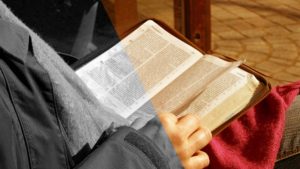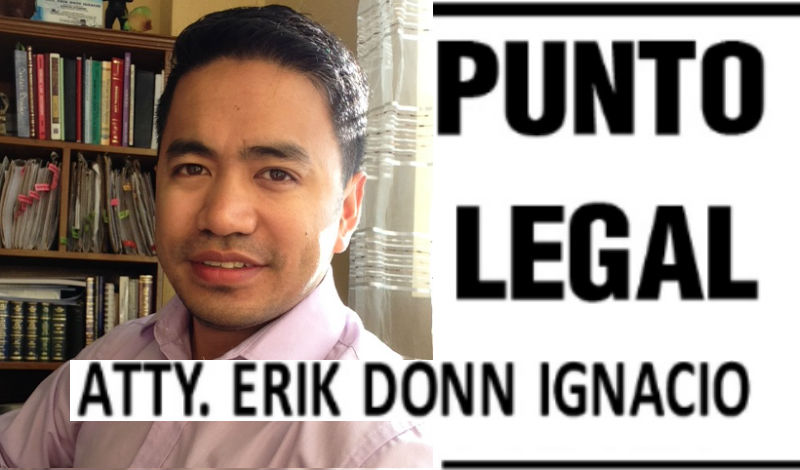During the congressional hearing being conducted at the Lower House last 27 August 2020, the lawyer from PhilHealth was cited in contempt and was ordered detained within the premises of the House of Representatives for four days or until Monday, 31 August 2020. According to news reports the said lawyer from PhilHealth insisted that the embattled Government Owned and Controlled Corporation (GOCC) can overturn a final and executory decision of the Court of Appeals or even the Supreme Court because it has quasi-judicial powers. It was found that the lawyer is a senior manager at the Internal Legal Affairs Department who “revised” the decision of the Court of Appeals suspending a certain hospital for three months and ordering the same to pay a fine of ten thousand pesos. The lawyer instead issued a legal opinion which was allegedly adopted by the PhilHealth board reducing and converting the penalty of the hospital to a fine of 200 thousand pesos instead. During the hearing, the house panel approved a motion to cite the lawyer for contempt “for misleading lawyers, as well as the public, that an administrative agency like PhilHealth can change and modify the decision of the Court of Appeals which is already final and executory” (Manila Bulletin Website 27 August 2020)
See other columns:
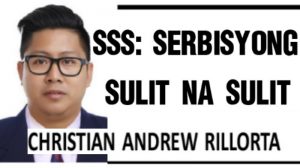
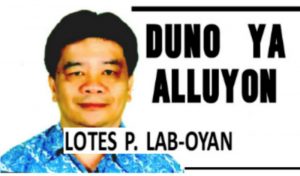
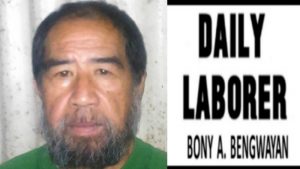
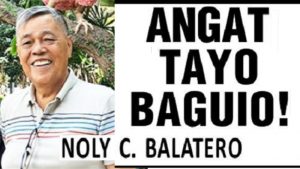

The power to cite a person in contempt
The Supreme Court in one decision (Ballag vs. Senate G.R. No. 234608, July 03, 2018) citing Lopez v. De Los Reyes said: “We have said that the power to find in contempt rests fundamentally on the power of self-preservation. That is true even of contempt of court where the power to punish is exercised on the preservative and not on the vindictive principle. Where more is desired, where punishment as such is to be imposed, a criminal prosecution must be brought, and in all fairness to the culprit, he must have thrown around him all the protections afforded by the Bill of Rights.” The power of congress to cite a person appearing before it in contempt is well established. In the case of the PhilHealth lawyer who was given the punishment of detention for four days, I have reservations. It is my humble opinion that his insistence that PhilHealth as a quasi-judicial body can amend or modify a decision of the CA is most likely not a contemptuous behavior.
Lack of knowledge of legal principles is not contemptuous and so is ignorance or even stupidity! When the lawyer answered the members of congress that he believes PhilHealth can modify the decision of the CA, he did not mislead them because the members know that it is not so. That lawyer was merely expressing his personal belief or showing his ignorance. But when he lies or provides congress with the wrong data or tries to mislead them in his testimony, he violates his oath. That is contemptuous. It can be gleaned from the provision of the Rules of Court on Contempt that what is contemptuous is disrespectful behavior towards the court, refusal to be sworn, or to answer. It is almost the same with Art. 150 of the Revised Penal Code. In the present one, the PhilHealth lawyer answered the questions hurled at him although his answer might not be legally correct but the same might not be contemptuous on its own. I am not comfortable with the ground used by congress: “for misleading lawyers and the public…” Contempt is an offense committed against congress as a legislative body and not a remedy against a person who “misled lawyers and the public”. At least this is how I see it.
You might also like:
